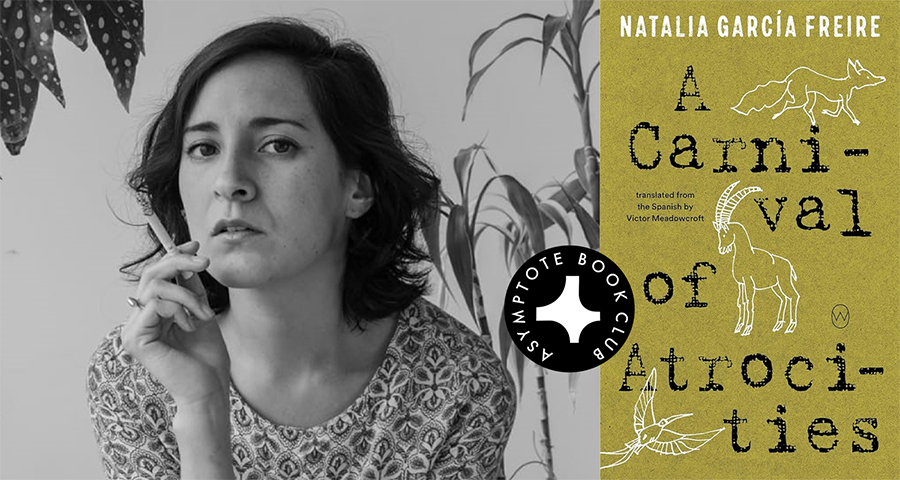This week, our editors report on a workshop centred around disaster writing in Mexico City; a literary festival with themes of urbanism, gentrification, personal history, and war narratives in Milan; and the passing of two groundbreaking translators in the Philippines.
René Esaú Sánchez, Editor-at-Large, reporting for Mexico
I used to live with my mother in a small apartment in the eastern part of Mexico City. One day, my bed suddenly shook. I attributed it to a passing truck—but the movement started to feel suspiciously long and, when I realized what was happening, I grabbed Cookie, my dog, and ran out of the building. That day was September 19, 2017, when a 7.1 magnitude earthquake shook central Mexico, taking the lives of more than three hundred and sixty people, affecting over thirty thousand; it caused the collapse of thirty-eight buildings in the city, and damaged more than twelve thousand. Strangely enough, the earthquake struck on the same date as another historical quake in Mexico City thirty-two years prior, and, worse still, just a few hours after the ceremony commemorating the thousands who had died back then.
Writing from disaster is strange: it is an exercise in personal memory, in archiving, a hybrid between literature and journalism. What matters are the hours, the clothes you were wearing, what people told you, what you held in your hands. And precisely because this year marks forty years since the 1985 earthquake and eight since that of 2017, the Institute of Geophysics and Literatura UNAM—both institutions of the National Autonomous University of Mexico—have organized the workshop Zona de riesgo (“Risk Zone”), which seeks to recover, through creative writing and sound production, the collective memory of two of the most significant events in the country’s recent history. READ MORE…







